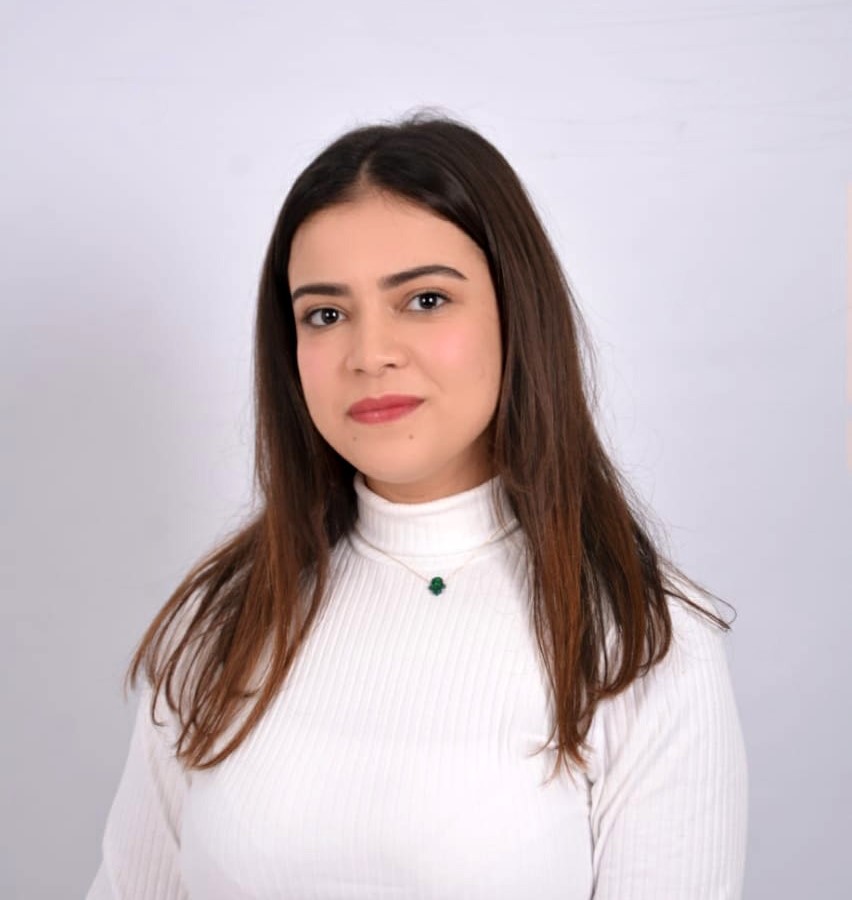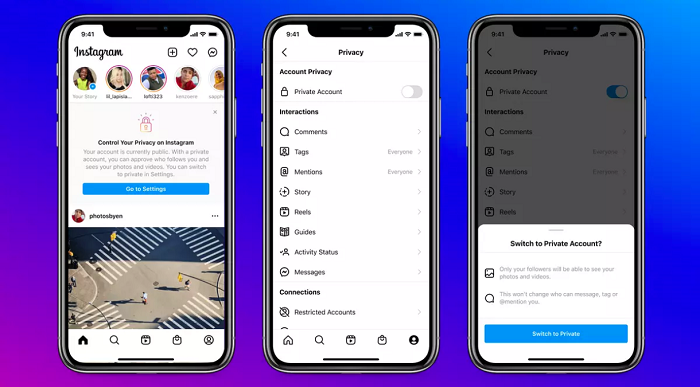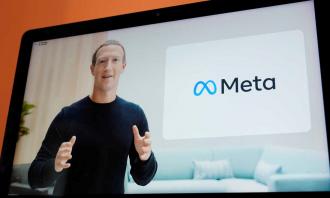


BELLALIZ Sanae
08-09-2021 8 min readFacebook And Google to Limit Targeting Teenagers
Facebook will no longer allow advertisers to target ads to teenage users on its platforms, including Instagram and Facebook Messenger, based on users' activity on other apps and websites, the social media giant said last month.
Advertisers will only be able to target ads to users under 18 based on their age, gender and location. The new policy prevents them from using previously available information, such as searches or purchases a user made on another website or app, to target specific ads. The age limit may be higher than 18 in some countries, according to the company's announcement.
It follows pressure from advocacy groups that have warned of the dangers of targeted advertising, especially for young users.
“We already give people ways to tell us that they would rather not see ads based on their interests or on their activities on other websites and apps, such as through controls within our ad settings. But we've heard from youth advocates that young people may not be well equipped to make these decisions. We agree with them, which is why we’re taking a more precautionary approach in how advertisers can reach young people with ads” a déclaré Facebook dans son annonce.
But as Facebook pledges to limit targeted ads for young users, it is also pursuing a controversial plan to create an Instagram for kids that has drawn criticism from advocacy groups and lawmakers.

"We think encouraging them to use an age-appropriate, parent-run experience is the right way to go. It's going to take a village to make this experience engaging enough for this age group to want to use it, but we're committed to making it happen," Pavni Diwanji, Facebook's vice president of youth products, said in a post.
The company has pledged to work with experts and elected officials to move the process forward. The social media giant has previously stated that any version of Instagram developed for children would not display ads.
As part of its plan to create such a platform for children, the tech giant said it is using artificial intelligence technology to better estimate the age of users, in order to prevent those under 13 from joining major platforms by providing a false birth date.
The company also announced two Instagram-specific updates aimed at promoting safety for teen users.
The photo-sharing app will begin placing users under the age of 16 into private accounts by default. For those under 16 who already have a public account on Instagram, the platform will display a notification "highlighting the benefits of a private account" and explaining how to change their privacy settings, according to the announcement.
The other update aims to stop "unwanted contact" from adults with "suspicious accounts." The platform is using new technology it has developed to find accounts that have shown "potentially suspicious behavior," such as accounts that may have been recently blocked or reported by a young user.
The platform will no longer show young users' accounts on its Explore, Reels or "Accounts Suggested For You" pages to accounts identified as suspicious, and if identified accounts search for young users by username, they will not be able to follow them.

How were Facebook and Instagram targeting teenagers?
Facebook and Instagram were not only tracking young people's activity on their apps, but also their web browsing history, to create profiles that included age-inappropriate topics such as alcohol, smoking and extreme weight loss.
The study showed that for just $3, advertisers could reach 1,000 teens interested in alcohol, with the cost rising to $38.46 for extreme weight loss and $127.88 for teens interested in tobacco.
Facebook even approved a number of ads submitted, but not paid for and shown, by a fake account created by Reset Australia, although Facebook rejected ads with visible cigarettes.
Google restricts ad targeting of minors
Google will no longer allow ad targeting of children based on their age, gender or interests, as part of a new set of measures to protect kids under 18 who use its services. Other changes include a new option for anyone under 18 to request removal of their images from Google's image results, while YouTube uploads by children will gradually be switched to the most private setting.
The changes are similar to those introduced by Facebook last month: the Instagram accounts of children under 16 will be private by default, meaning users will have to choose to make their profiles public. It also banned ads targeting children based on their interests or activity, though it still allows targeting based on age, gender and location.
YouTube uploads will also be more private by default
Google explains that it is introducing these changes because of new regulations in some countries and that it wants to provide "consistent product experiences and user controls" globally.
Requesting the removal of an image from Google's image search won't remove it entirely from the Web, Google warns, but it should give users more control over the delivery of their images. Along with the changes to ad targeting, Google also says it is strengthening safeguards to prevent "age-sensitive ad categories" from being served to teens.
The search giant is also making a number of other changes to its services for children. SafeSearch will now be enabled by default for users under 18, whereas it was previously enabled by default for users under 13. The feature, which prevents explicit results from appearing in searches, will also be available in Google's web browser on smart screens. Users under 18 will no longer be able to turn on location history in their Google Account settings (Google says this setting is already disabled by default for all accounts). Smart devices with Assistant will also be able to block news, podcasts and web access in the coming months.
On YouTube, autoplay will be disabled by default for kids under 18, and pause reminders will be enabled. YouTube Kids has a new autoplay option, but it will also be disabled by default. Finally, new resources will be available "for kids and their parents to help them better understand Google's data practices."
The new features are being introduced on different timelines. The ability to request removal of images from Google Image Search, as well as changes to default privacy settings for YouTube videos, will be rolled out in the coming weeks. New restrictions on ad targeting, changes to SafeSearch, and tools to block content on Google Assistant-enabled smart devices will launch in the coming months.
Don't miss any news, subscribe now!
Related articles
Publications recommandées





